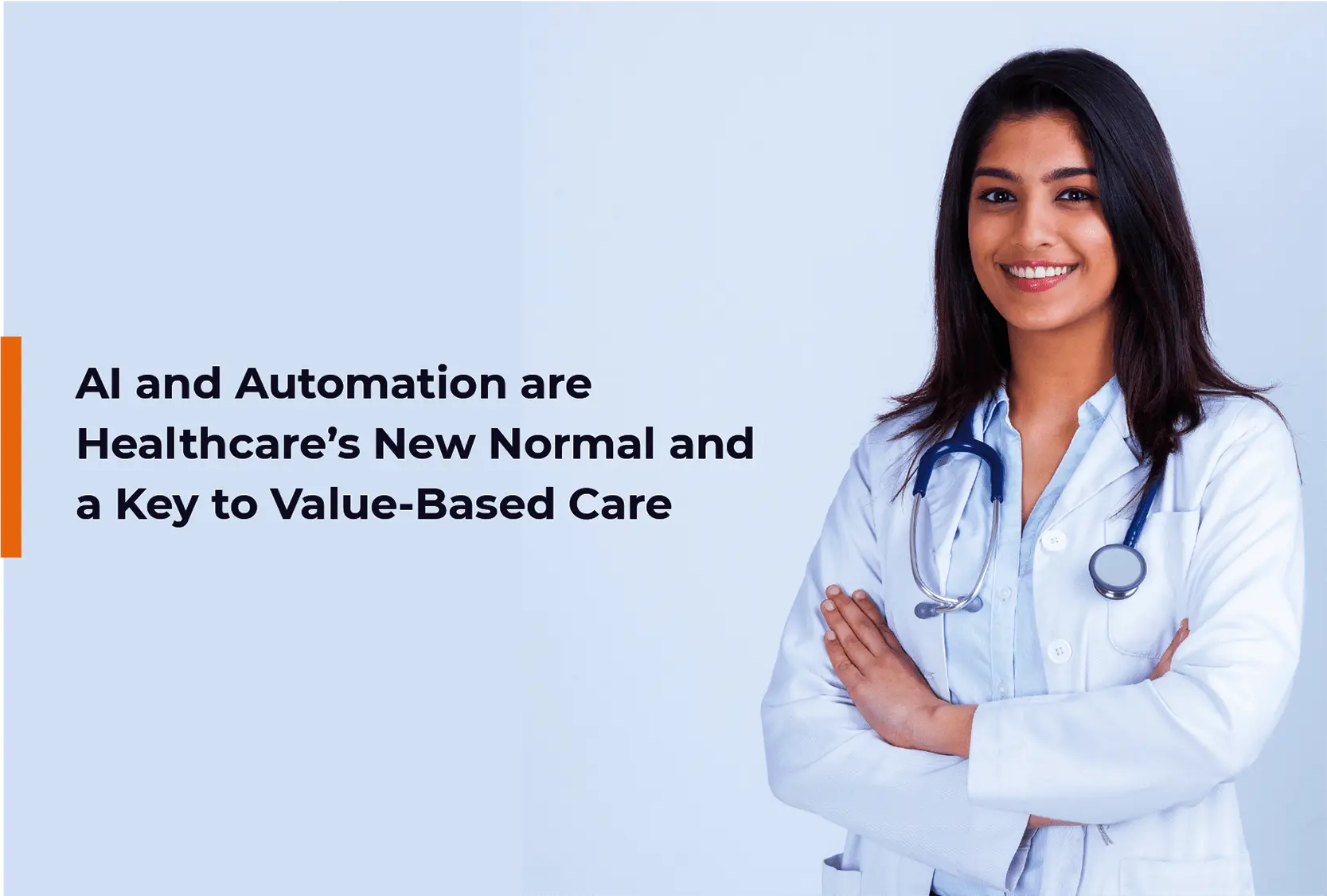In healthcare, the ‘fee-for-service’ model had been dominant over the years. In this model, humans were responsible for many activities like customer support, back-office operations, financial transaction, and patient data management, along with schedules and reporting for doctors. With the slow but steady transition to value-based care along with the digital transformation, processes around these activities were abdicated and software tools were set in motion to reduce the trammel on humans and the occurrence of error.
For a healthier tomorrow, as the “Patient First” centricity is pivotal in today’s world, healthcare automation continues to evolve to empower physicians to perform better. The patient-first approach with the latest automation tools has become a basic necessity rather than a need. The necessity is not just to flaunt a great technology-driven infrastructure or tech-savvy medical staff but to facilitate physicians and healthcare players with a time-saving, more scientific, and error-free CARE GIVING MODEL.
With the changing time, hospitals and clinics are more connected and operating in an automated vogue, equipped with smart devices and cognitive decision-making platforms with a fast shift to EMRs EHRs and RCMs, but still, few questions are unanswered:
- Why do 40% of healthcare professionals believe that automation and AI/NLP/ML will be crucial for caregiving?
- How does Machine Learning save about 80% of time and overheads on document processing?
- What steps can you take to implement intelligent automation in your organization? And how would it be effective?
But above all, it’s critical to figure out error-prone unstructured medical data, time-consuming physical notes at the physician’s chamber, and manual processes – wrong risk score derivation from the Insurance companies submitted to the CMS leading to penalties…. Who’s at more risk? Payers, providers, or overall the healthcare landscape?
Incomplete medical histories and large patient charts, when handled manually can trigger human errors. However, AI can predict and diagnose disease and its occurrence at a faster rate. Since healthcare handles real-time operations, delays/errors can be life-threatening. With AI-powered healthcare solutions, professionals can detect issues and notify care teams quickly, enabling providers to discuss options, and provide faster decisions, thus saving lives.
